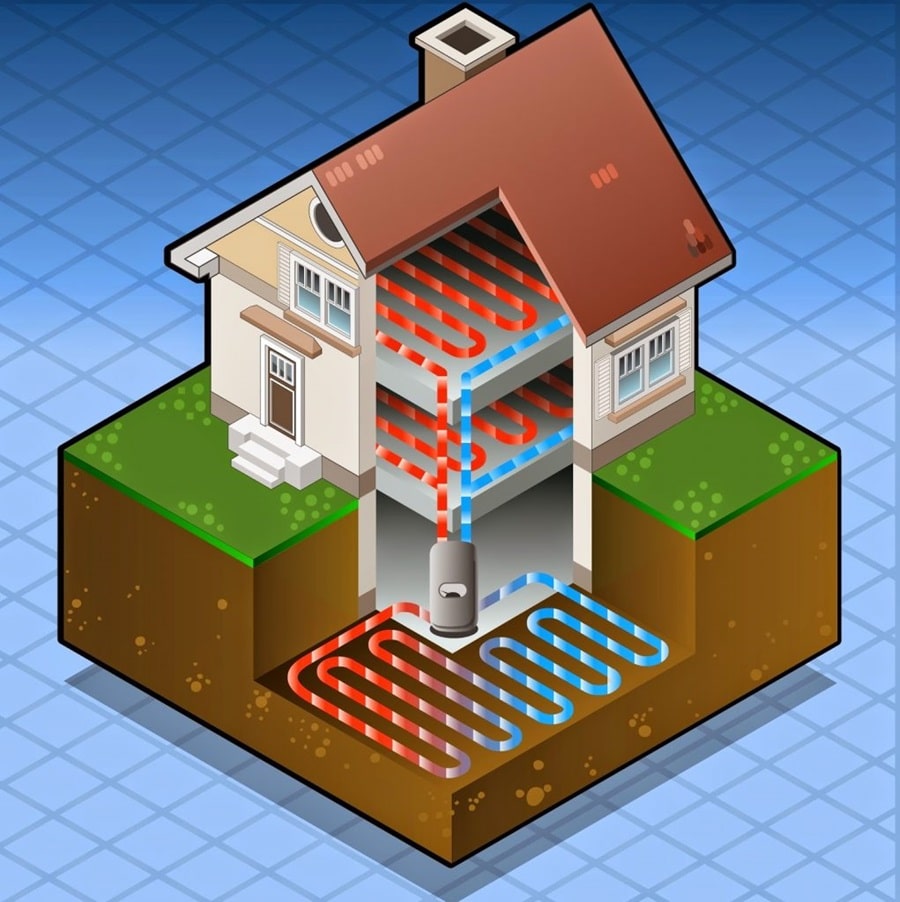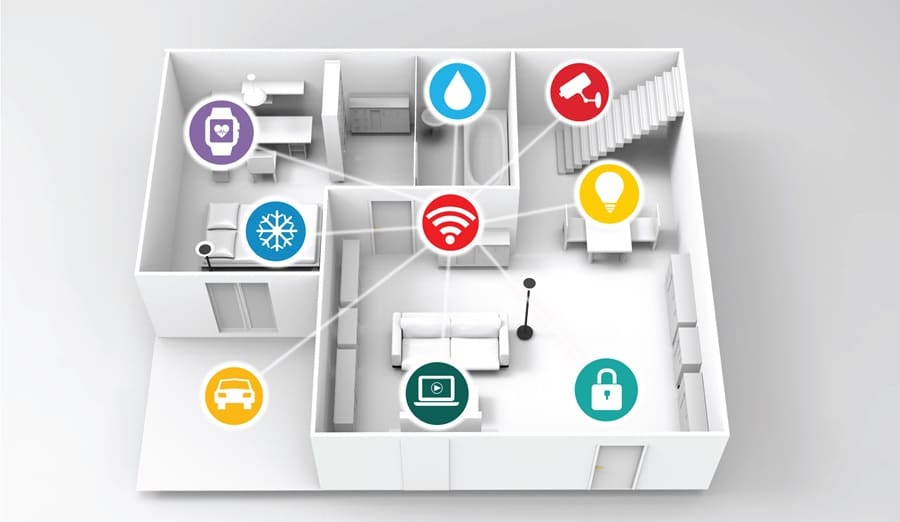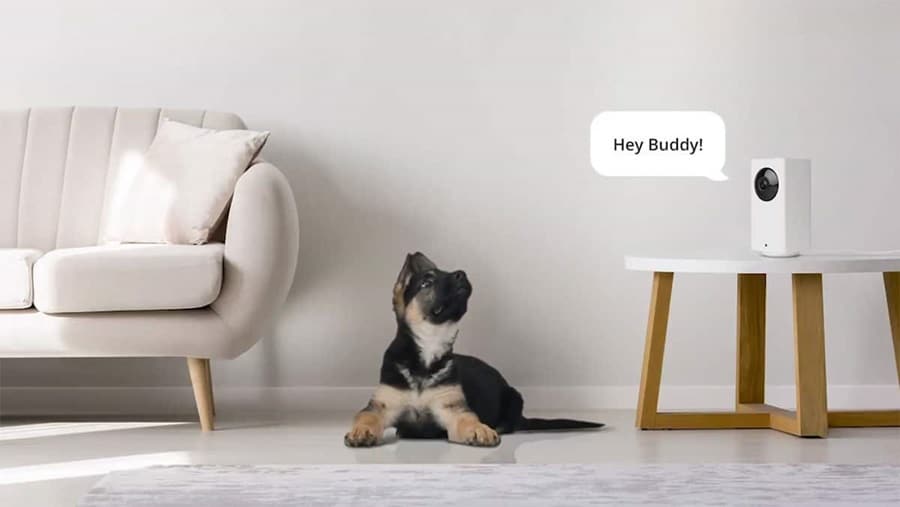Vacuum cleaners are a household essential, providing a convenient way to keep living spaces clean and allergen-free. However, choosing the right vacuum cleaner is not a simple task given the myriad of options available, each with unique features and specifications. Understanding your cleaning needs, the type of floors you have, and your lifestyle can make a big difference in your selection. This guide aims to walk you through the key aspects you need to consider to find the perfect vacuum cleaner for your home.
Contents
- 1 Assessing Your Cleaning Requirements
- 2 Types of Vacuum Cleaners
- 3 Bagged Vs. Bagless Vacuum Cleaners
- 4 Suction Power And Performance
- 5 Filters And Allergens
- 6 Weight And Maneuverability
- 7 Noise Levels And Comfort
- 8 Attachments And Accessories
- 9 Warranty And Brand Reputation
- 10 Price And Budget Considerations
- 11 Choose The Right Vaccum Cleaner For Your Needs!
Assessing Your Cleaning Requirements

Analyzing the type of flooring in your home is the first step in assessing your cleaning needs. Whether you have hardwood, carpet, tile, or a combination of these, different vacuum cleaners are designed to handle different surfaces effectively. Also, identifying areas that are difficult to clean, such as stairs or corners, will help you choose a model that can tackle those specific challenges.
Knowing how often you plan to clean is equally important. Frequent cleaning may necessitate a lighter, more maneuverable model, while less frequent cleaning might allow for a heavier, more powerful machine. Consideration of pets, children, and overall household activity will play a significant role in determining the most suitable vacuum cleaner for your requirements.
Types of Vacuum Cleaners
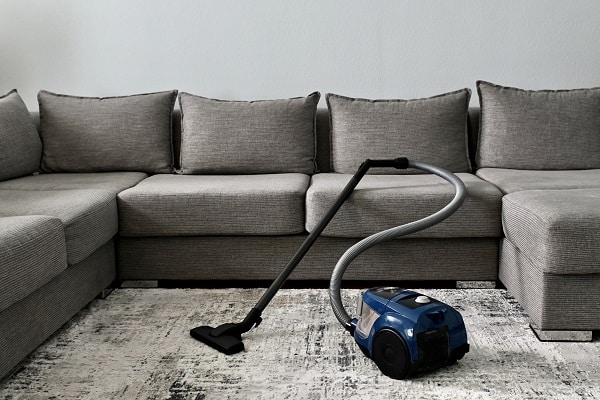
The market offers several common types of vacuum cleaners, each with its advantages and drawbacks. Upright vacuums are popular for carpet cleaning, while canister vacuums offer flexibility for various surfaces. Handheld and stick vacuums are ideal for quick clean-ups and smaller areas, providing convenience but often at the cost of suction power.
When comparing vacuum types, it’s vital to consider how they relate to your specific cleaning needs. For instance, a home with many stairs might benefit from a more lightweight and portable canister vacuum, while a house with mostly carpeted floors might find an upright vacuum more effective. Understanding the specific features of each type and aligning them with your home’s needs is key to making the right choice.
Bagged Vs. Bagless Vacuum Cleaners
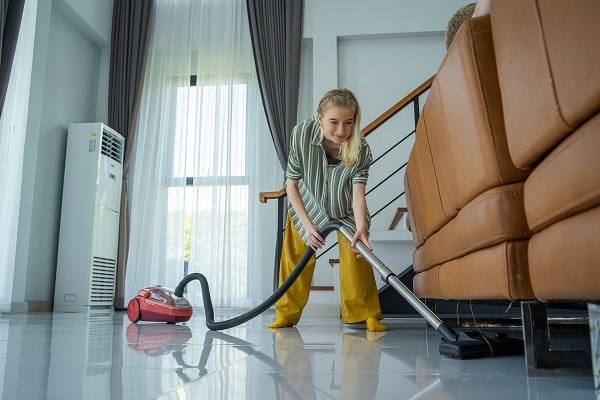
Bagged vacuum cleaners have been a traditional choice for many, offering a convenient way to trap dirt and debris without exposure during disposal. They usually provide better dust retention and are excellent for homes with allergy sufferers. On the downside, the ongoing cost of bags and the need to replace them might be inconvenient for some users.
Bagless vacuum cleaners, on the other hand, eliminate the need for replacement bags and allow for easy monitoring of the dirt level. They are generally more environmentally friendly and cost-effective in the long run. However, emptying the container might expose you to dust and allergens, making them less suitable for those with sensitivities. Understanding the pros and cons of both designs, in light of your home’s cleaning demands and your personal preferences, will guide you to the most suitable option.
Suction Power And Performance
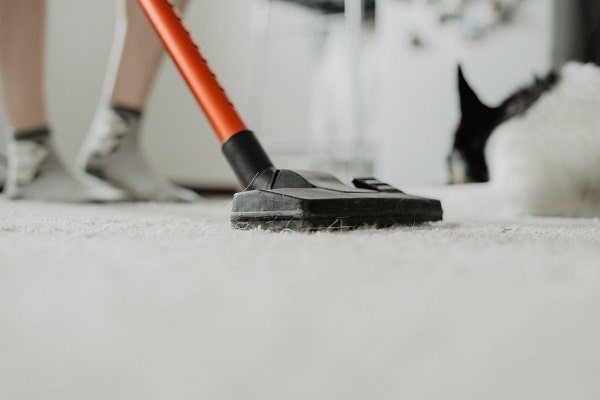
The suction power of a vacuum cleaner is crucial to its overall performance, directly affecting how effectively it can pick up dirt and debris. This power is typically determined by the motor’s size and the overall design of the vacuum. Strong suction is essential for deep cleaning, especially on carpets, but it’s vital to find a balance with energy consumption to ensure efficiency and sustainability.
Considering your floor types and cleaning needs, you’ll need to choose a vacuum cleaner that offers the right amount of suction. Some models offer adjustable suction power to cater to different surfaces, providing a versatile cleaning solution. Understanding the relationship between suction power, performance, and energy consumption will lead to a wiser choice that aligns with your specific requirements.
Filters And Allergens

Filters play a vital role in a vacuum cleaner’s functionality, trapping small particles that could otherwise be released back into the air. HEPA filters, for instance, can capture 99.97% of particles, making them highly effective for homes with allergy sufferers or pets. Other types, like foam filters, might be washable and reusable, offering cost-efficiency but potentially less effectiveness against microscopic allergens.
Maintenance and replacement of filters are equally essential to consider. A clogged or outdated filter can significantly reduce a vacuum cleaner’s performance. Regular checks and timely replacements, as specified by the manufacturer, ensure the vacuum operates at its peak efficiency. Those who require specialized allergen control should pay particular attention to filter quality and adhere to recommended maintenance schedules.
Weight And Maneuverability
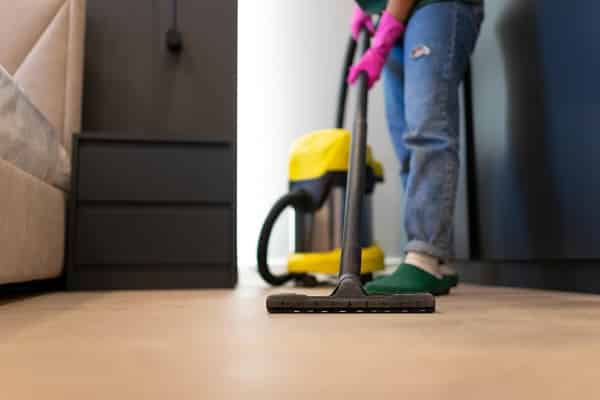
The weight and maneuverability of a vacuum cleaner can also significantly impact the user experience. A heavy machine might be cumbersome to carry up and down stairs or maneuver around furniture. While weight often correlates with power, a too-heavy model can be impractical for daily use, especially for elderly users or those with physical limitations.
However, features like swivel steering, adjustable handles, and easy-to-access controls can enhance maneuverability. The choice of a vacuum cleaner that offers the right balance between weight and ease of use depends on the layout of your home and your physical ability to handle the machine. Assessing these factors is vital for ensuring a comfortable and efficient cleaning routine.
Noise Levels And Comfort
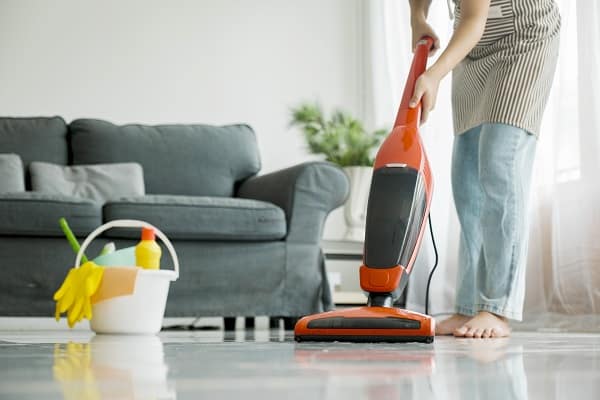
Noise levels might seem like a minor consideration, but they can significantly affect comfort during cleaning. A vacuum cleaner that is too loud might disturb others in the household, especially during early or late hours. Some models are designed with noise reduction technology, providing a quieter operation that is more conducive to a peaceful home environment.
Comparing noise levels across different models is wise, especially if you have young children, work from home, or are sensitive to loud noises. The decibel rating, often available in the product specifications, can provide an objective measure of noise level. Choosing a vacuum cleaner that aligns with your noise comfort threshold will lead to a more enjoyable and less disruptive cleaning experience.
Attachments And Accessories

Attachments and accessories can greatly enhance the versatility of a vacuum cleaner, allowing you to tackle various cleaning tasks with ease. Standard accessories might include crevice tools, upholstery brushes, and dusting brushes, catering to specific needs like cleaning between cushions or reaching high shelves. Some vacuum cleaners offer even more specialized attachments like pet hair brushes, giving targeted solutions for unique challenges.
When evaluating attachments, consider the storage as well. Having a place to neatly store these accessories on the vacuum cleaner itself can be a convenience. Assessing the utility and compatibility of the various attachments with your regular cleaning needs will enable you to select a vacuum cleaner that is fully equipped to handle your home’s demands.
Warranty And Brand Reputation
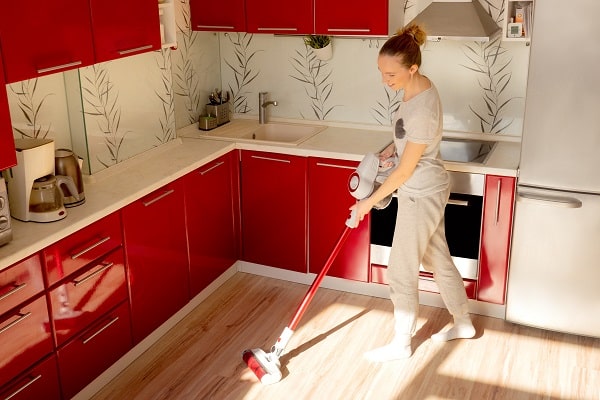
A reliable warranty is often a sign of a trustworthy product and can give you peace of mind with your purchase. Investigating the warranty terms, including length and coverage, can help you understand what to expect in case of defects or issues. Some brands offer extended warranties, reflecting confidence in their product’s longevity.
Brand reputation also plays a vital role in choosing the right vacuum cleaner. Established brands with positive customer reviews often provide quality products and customer service. Reading reviews, checking ratings, and even seeking recommendations from friends or family can guide you toward reputable brands that stand behind their products, offering quality and reliability.
Price And Budget Considerations

Price is often one of the first factors considered when purchasing a vacuum cleaner, but it’s crucial to analyze cost in conjunction with value. A cheap vacuum cleaner that fails to perform or breaks down quickly is no bargain. On the other hand, spending excessively on features you don’t need is equally unwise. Striking a balance between quality and affordability is key.
Budget considerations also need to include long-term maintenance costs, such as replacement bags, filters, or belts. Some vacuum cleaners might seem affordable initially but may incur higher ongoing expenses. Carefully assessing the total cost of ownership, including both the purchase price and long-term maintenance, will lead to a financially sound decision that meets your cleaning needs.
Choose The Right Vaccum Cleaner For Your Needs!
Selecting the right vacuum cleaner for your home is a multifaceted decision that requires careful consideration of various factors. From understanding your cleaning needs to evaluating different types, features, accessories, and price points, the choice must be aligned with your home’s specific requirements and your lifestyle. This guide provides a comprehensive pathway to assess these aspects, empowering you to make an informed decision. Remember that the perfect vacuum cleaner is not just about brand or appearance; it’s about finding a reliable tool that makes your daily cleaning routine efficient, comfortable, and effective.

